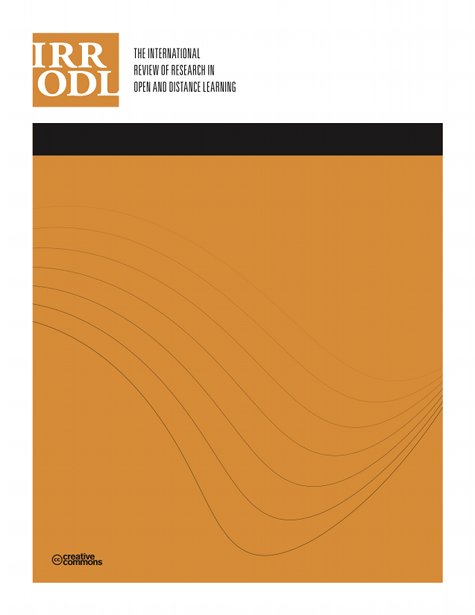
Uptake of OER by Staff in Distance Education in South Africa
ARTICLE
Kerry de Hart, Yuraisha Chetty, Elizabeth Archer
IRRODL Volume 16, Number 2, ISSN 1492-3831 Publisher: Athabasca University Press
Abstract
Open Educational Resources (OER) emerged within the context of open education which is typically characterized by the sharing of knowledge and resources and the exchange of ideas. Unisa as a mega open distance learning (ODL) university has publicly communicated its intention to take part in the use and creation of OER. As global and local university research on OER is limited, this prompted an investigation to gauge the uptake of OER at Unisa, by staff, with the purpose of institutional information gathering for decision making and planning in this area. During 2014, a survey was undertaken for this reason. The survey examined knowledge of OER, Intellectual Property (IP) Rights and Licensing, participation in OER, barriers to OER and OER in the Unisa context with a view to determining the stage at which the institution is in terms of adopting and engaging with the OER initiative. The results indicated that although there is knowledge and understanding of OER, this has not been converted into active participation. It further highlighted the barriers that are prohibiting the operationalization of OER and resulted in recommendations for planning and activities in respect of OER. The constructs investigated and the results thereof might not be generalizable to other contexts, although commonalities are likely. The insights should prove useful to a variety of contexts. The paper illustrates the need for institutions, irrespective of context, to take stock of the impact of initiatives and in this case evaluate how the institution and staff mature through various phases in the uptake of OER in order to guide effective planning, decision making and implementation.
Citation
de Hart, K., Chetty, Y. & Archer, E. (2015). Uptake of OER by Staff in Distance Education in South Africa. The International Review of Research in Open and Distributed Learning, 16(2), 18-45. Athabasca University Press. Retrieved August 9, 2024 from https://www.learntechlib.org/p/160885/.
 This record was imported from
ERIC on November 3, 2015. [Original Record]
This record was imported from
ERIC on November 3, 2015. [Original Record]
ERIC is sponsored by the Institute of Education Sciences (IES) of the U.S. Department of Education.
Copyright for this record is held by the content creator. For more details see ERIC's copyright policy.
Keywords
- barriers
- Certification
- College Faculty
- Computer Uses in Education
- Copyrights
- decision making
- distance education
- Educational Planning
- educational resources
- Foreign Countries
- Intellectual Property
- Open Education
- participation
- Program Implementation
- Resource Units
- Shared Resources and Services
- Strategic Planning
- Surveys
- universities
